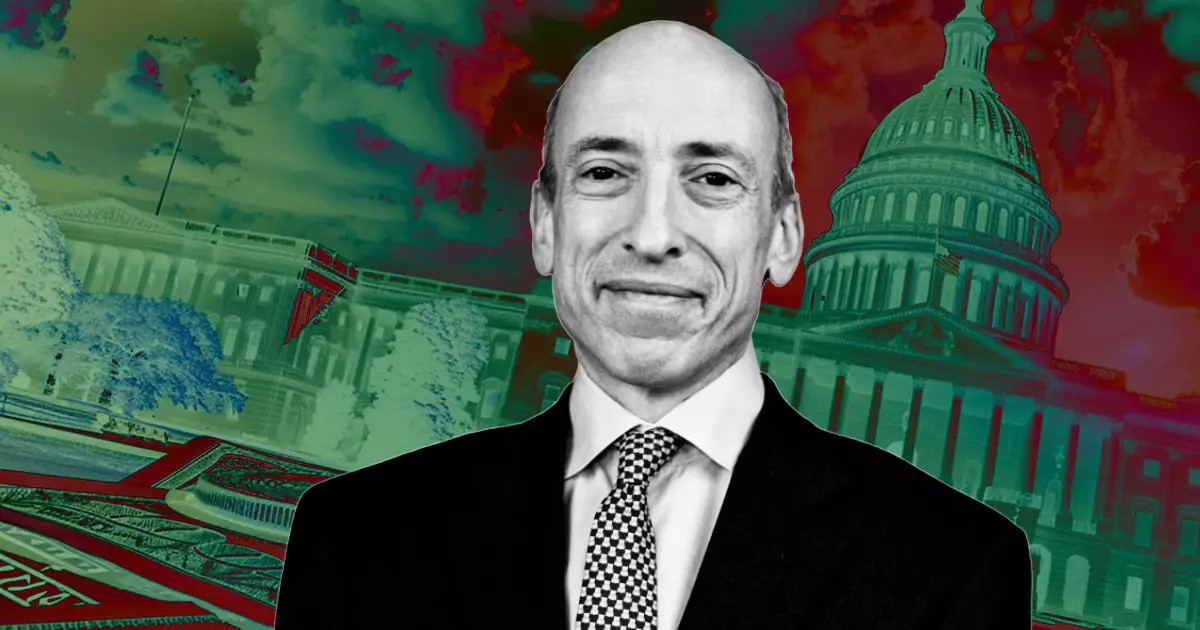The Financial Innovation and Technology for the 21st Century (FIT21) Act has been a hot topic of discussion within the cryptocurrency industry. The bill, which aims to provide regulatory clarity to the crypto market, has faced intense criticism from Gary Gensler, the Chairman of the US Securities and Exchange Commission (SEC). Gensler expressed strong opposition to the bill, citing concerns about weakening consumer protections in the crypto market. Despite this opposition, the bill has garnered support from the US Congress and the crypto community.
Gary Gensler raised several key issues with the FIT21 Act, warning that the proposed legislation would create significant regulatory gaps that could put investors and capital markets at risk. He criticized the bill for potentially allowing blockchain-based investment contracts to evade SEC oversight by self-certifying as decentralized products. Gensler also highlighted the bill’s abandonment of the Howey Test, a critical method for determining if an investment qualifies as a security. He argued that this move could reduce protections for investment contracts classified as securities.
In addition to the specific regulatory implications, Gensler expressed concerns about the broader impact of the FIT21 Act on American capital markets. He cautioned that allowing firms to evade enforcement actions more easily could undermine the integrity of the markets and put investors at risk. By excluding crypto asset trading platforms from being classified as exchanges, the bill could introduce new challenges and loopholes that could be exploited by bad actors.
Despite Gensler’s criticisms, the FIT21 Act has received strong support from the US Congress and various players within the crypto industry. Congressman French Hill, the Chairman of the Subcommittee on Digital Assets, Financial Technology, and Inclusion, praised the bill for giving the SEC authority over digital assets and providing adequate securities protections. Crypto companies such as Coinbase, Circle, Kraken, Gemini, and advocacy group Stand With Crypto have all urged US lawmakers to support the legislation. The Crypto Council for Innovation (CCI) echoed this sentiment, emphasizing the importance of regulatory clarity for digital asset companies.
As the FIT21 Act awaits a crucial vote in the US House of Representatives, it has become a focal point for debates about the future of cryptocurrency regulation. The bill’s passage would represent a significant shift in how digital assets are regulated in the US and could have far-reaching implications for the industry. While the White House has stated that it opposes the bill, it has also indicated that it will not veto it if it passes. The outcome of the vote is likely to have a major impact on how cryptocurrencies are traded and regulated in the United States.
The FIT21 Act has sparked intense debate within the crypto community, with supporters praising it for providing regulatory clarity and detractors warning about potential risks to investors and markets. The outcome of the upcoming vote will be closely watched by industry stakeholders and could shape the future of cryptocurrency regulation in the US.


Leave a Reply